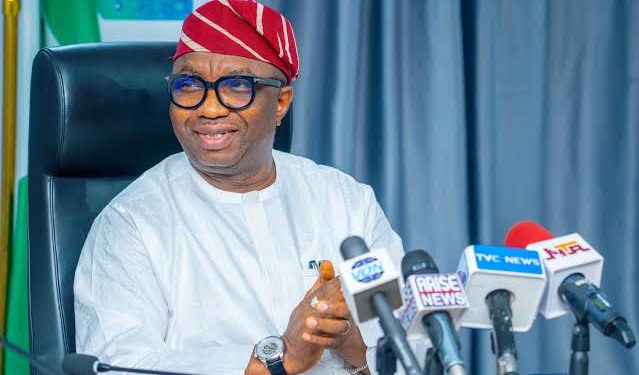Nigeria has the potential to save and generate a significant share of the more than $110 billion that governments worldwide could unlock annually by plugging leakages in public spending and tax collection through digital governance, according to the National Commissioner and CEO of the Nigeria Data Protection Commission (NDPC).
Speaking at the e-Government Summit in Lagos, he explained that digital governance goes beyond putting services online. It is about reshaping economic management, reducing corruption, eliminating waste, and rebuilding trust between government and citizens.
He pointed to Nigeria’s existing reforms as proof of what technology can achieve when applied to governance. The Treasury Single Account (TSA) has saved the country over ₦10 trillion by consolidating public finances. The Integrated Payroll and Personnel Information System (IPPIS) removed more than 70,000 ghost workers from the payroll. Similarly, the Government Integrated Financial Management System (GIFMIS) plugged ₦126 billion in financial leakages.
“These are not abstract figures. They are real-life results of what happens when you put digital tools at the center of governance. If we scale this up, the impact on our economy will be massive,” he said.
Other speakers at the summit reinforced the point that technology alone cannot deliver the needed transformation unless supported by strong infrastructure and trust. The convener of the summit and Executive Chairman of DigiServe Network Services said successful digital reforms depend on close collaboration between government and the private sector to eliminate bottlenecks and improve service delivery.
The President of the Association of Telecommunications Companies of Nigeria (ATCON) stressed that broadband remains the backbone of e-governance. Without fast and affordable internet, he warned, millions of Nigerians—particularly in rural areas would remain excluded from digital services, undermining the inclusiveness of reforms.
The President of the Nigeria Internet Registration Association (NiRA) added that a secure and homegrown digital identity ecosystem is vital. According to him, citizens need to feel safe and confident to engage with online platforms if digital governance is to succeed.
The discussions highlighted that while Nigeria has made progress in leveraging digital tools to curb leakages, scaling these reforms nationwide requires greater investment in broadband, stronger collaboration between the public and private sectors, and policies that build citizens’ trust in digital platforms.










